

What started as a deep dive into a new professional journey became so much more than that. Never did I think that this was going to benefit me personally, and in such deep ways. Never did I realize I was going to become happier, stronger, and more of who I am. I am not sure I have ever felt this understood, nor have I understood myself so deeply and compassionately.
As a psychologist, people came to me because they felt miserable. After a traditional session, they were less miserable. It wasn’t until I took the Certificate in Wholebeing Positive Psychology, and applied it in my practice, that I was able to help others (and myself) be happier.
Of the many personal and professional benefits I realized, two stand out: First, I learned how to be braver than I ever imagined possible. Second, the science behind positive psychology now informs all of my coaching and corporate workshops in a powerful and compelling way.
Wholebeing Institute’s learning journey comprises three steps: Learn, apply and live better!
We have developed a living methodology that goes beyond theory to teach the application of scientific knowledge in practice, through effective tools, interventions, and dynamics.
You will have an experiential and applied learning journey, with study groups, webinars, and continuous support. Classes, networking meetings, and two 4-day live immersions connect content and real-life experience, creating the engagement needed for a deep and heartfelt immersion, even from a distance.
Founded by Megan McDonough and Professor Tal Ben-Shahar, instructor for one of the most popular courses in the history of Harvard, WBI was one of the first positive psychology teaching institutes outside the academic environment.
Professionals from more than 45 countries have transformed their lives and careers through training with WBI and earning our globally recognized certification. Today our alumni work around the world, utilizing the tools and practices of positive psychology in a wide variety of careers and roles.
Become an expert in Positive Psychology with the International Certification that has trained professionals in more than 45 countries.
Immersive training based on the unique SPIRE model of
Integral Happiness and Well-being,
created by the founders of Wholebeing Institute
At Wholebeing Institute, the SPIRE model of Integral Happiness and Well-Being, developed by Tal Ben-Shahar, Maria Sirois, and Megan McDonough, is the basis for the study of positive psychology.
SPIRE presents a vision of the individual as a whole, considering the spiritual, physical, intellectual, relational, and emotional dimensions. Through these five dimensions, we study the science and tools that transform our personal and professional lives, creating more well-being and happiness for ourselves as well as our loved ones, clients, organization, and society in general.

Module 1
Introduction to Wholebeing Happiness
This module introduces key principles from the diverse sciences of optimal human functioning, including positive psychology, neurobiology, and the social and behavioral sciences. The research is integrated through the SPIRE model of well-being. Students are introduced to the concept of aiming toward an ideal self, the advantages of a positive focus, the five perspectives of well-being, how to engage character strengths and appreciation, and using evidence-based tools to make lasting change.
Module 2
What Makes Us Happy(er)?
This module begins by defining happiness as the overall experience of meaning, strengths, and pleasure. Students are then introduced to the theory and practice of a growth vs. a fixed mindset, and the related concept of a growth heartset. Topics covered include full-body engagement, finding flow, identifying our purpose, detecting meaning (even in the mundane), and appreciative inquiry.
Module 3
The First Immersion
This module moves the class from an online experience to a community of support, setting the stage for the group work to come. Peer groups of six are created during this time, and students leave with a plan of action for instituting positive habits through the 30-day practice and a group-determined structure for peer communications. Topics covered and practiced include a deeper dive into values and ideal self, effective listening, resilience, mind-body practices, systems thinking, and reminders for successful habit change.
Module 4
Moving Towards Your Best Self
This module focuses on self-compassion, habits and habit change, and expanding the use of character strengths to make new habits stick. Prioritizing positivity and the mind-body link will be discussed, using the body for biofeedback to manage stress and procrastination, and enjoying the process of change rather than fighting it with willpower. Drawing on the latest research in neuroscience, the ABCs of psychology (affect, behavior, cognition), and the SPIRE check-in, students learn how to engage the whole mind-body towards the best possible self.
Module 5
Living and Working Well with Others
You don’t live in a vacuum. Your best self comes alive through interactions with others—through your relationships. Relationships are the number-one generator of well-being; gone awry, they produce pain and misery. Done right, positive relationships are key to positivity and wholebeing. This module looks at relationships as ways of expressing who you are and who you want to be, and as opportunities to grow both your own and others’ potential, increasing the bond you share—whether as lovers, friends, family, teammates, or colleagues. We study and practice lovingkindness meditation, and explore the topics of authenticity, effective communication, the importance of listening and appreciation, and how to effectively deal with the energy of conflict.
Module 6
Realizing Dreams
We all have dreams and aspirations; however, most people’s dreams remain unrealized. This module looks at how we can cultivate the seed of hope and help it flourish. Topics covered include beliefs as self-fulfilling prophecies; setting goals and using the CHANGE model to map the process; raising our belief in ourselves through action, visualization, and priming (including a common mistake people make in visualizing); focusing on personal strengths; and learning from failure.
Module 7
Resilience and Grit
Life encompasses challenges, difficulties, death, and dying. As the Buddha said, life is suffering. Big or small, difficult times cannot be avoided. We can understand, practice, and build the skills of resilience, increasing our capacity to adapt. Topics covered include implicit wholeness (how we can be both broken and whole), post-traumatic growth, the tools of resilience and grit, and bringing alive the archetypal wisdom found in the stories and poetry of those who have chosen a meaningful quest.
Module 8
Choosing and Realizing Your Best Life
At every moment in our lives, we have a choice. Moments add up to a lifetime; choices add up to a life. This module summarizes the material presented in the previous seven, through examining the choices that we make—the big ones, such as the kind of work we want to pursue or the kind of person we want to spend our lives with; and the smaller ones, such as the physical posture we assume when walking into a room or the way we respond to a request from a colleague. It is through these choices—both major and minor—that we become cocreators of our reality.
Module 9
The Final Immersion
In this final module, participants move from students to teachers, by synthesizing and summarizing what is personally most compelling to them about positive psychology via the final project, and presenting to a small group of peers. This module emphasizes the concept of serving it forward—sharing with others the key lessons learned, the “power of one,” and the ripple effect of modeling the work. This way, even as our course ends, our impact continues to grow, and we come to understand the paradox of endings as beginnings.
❖ Understand the fundamental ideas of positive psychology and how these ideas can radically change the way we relate to ourselves and others
❖ Apply the SPIRE model as a means to achieve higher levels of well-being, increasing creativity, motivation, health, and overall success in individuals, groups, and organizations
❖ Use a variety of scientifically proven interventions from positive psychology and neuroscience to bring about positive and lasting change in people, groups, and organizations
❖ Understand the ways to build and enrich healthy and happy interpersonal relationships, as well as constructively deal with conflicts
❖ Realize your full potential as you embody your best self, employing an appreciative approach based on your strengths
❖ Believe in the power of the big dream and discover ways to turn them into goals and concrete actions for their practical realization
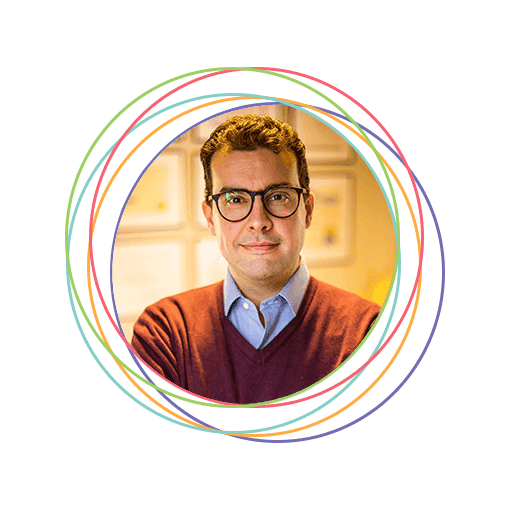
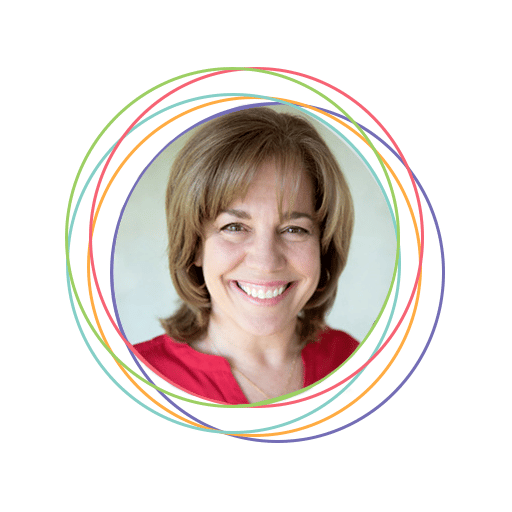

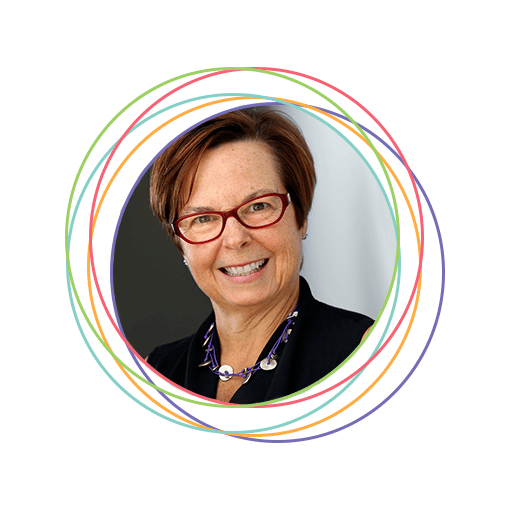
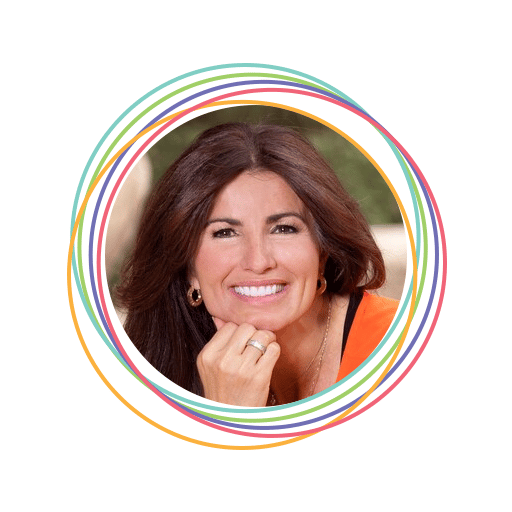
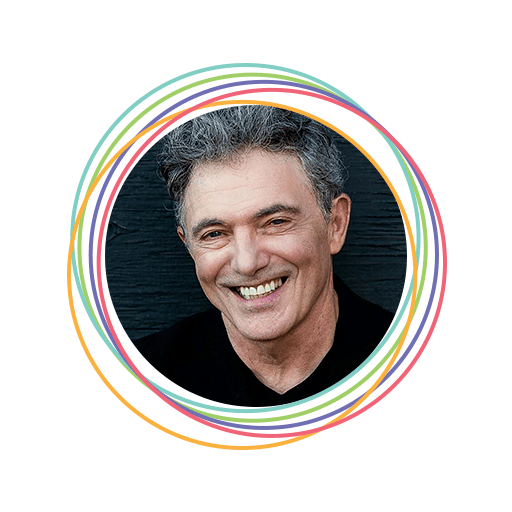

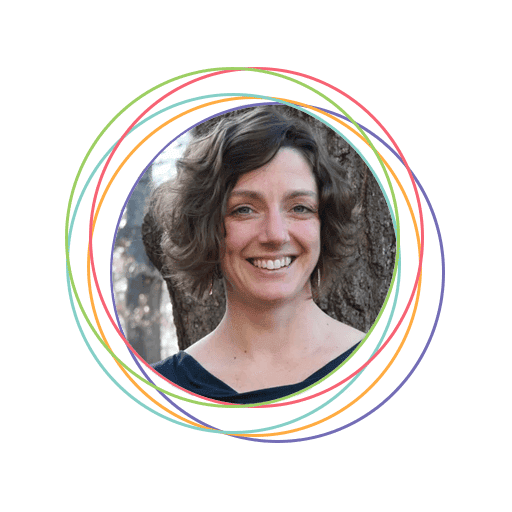
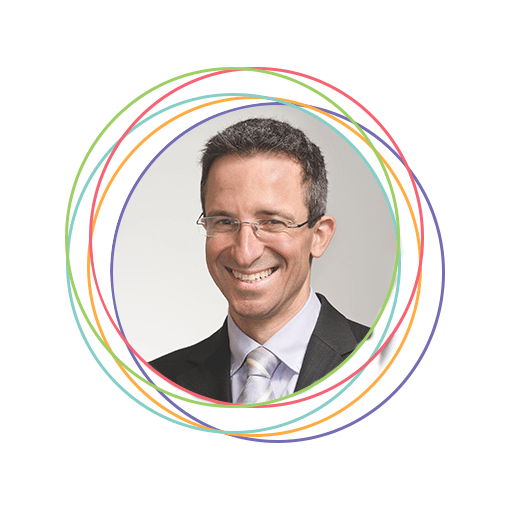
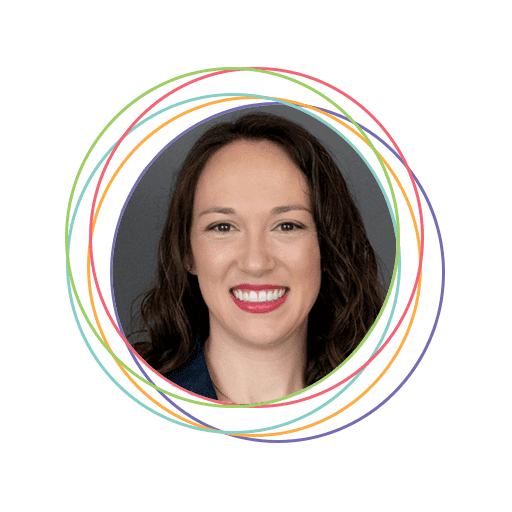
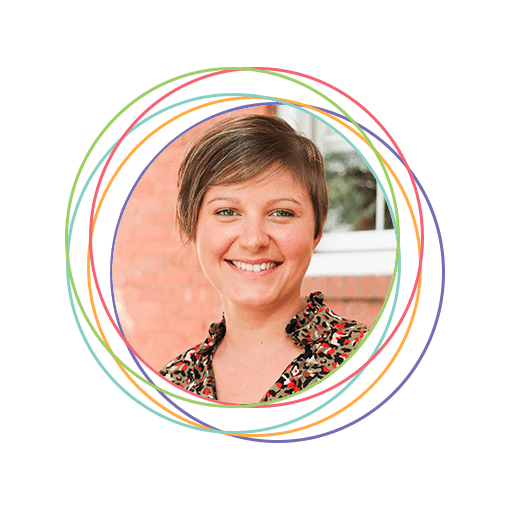
But is this course for me?
You do not need to have a degree in Psychology to take the
International Certification in Positive Psychology.
The course is especially intended for social workers, psychologists, coaches, consultants, counselors, coaches, health professionals, educators, teachers, managers and leaders in general, but also for all those who seek self-knowledge, growth and personal development in all domains. of life.

